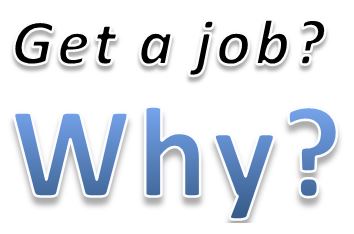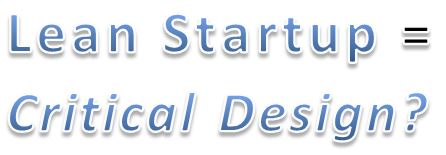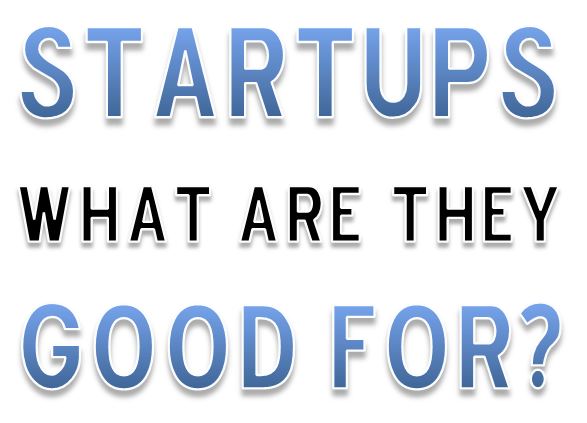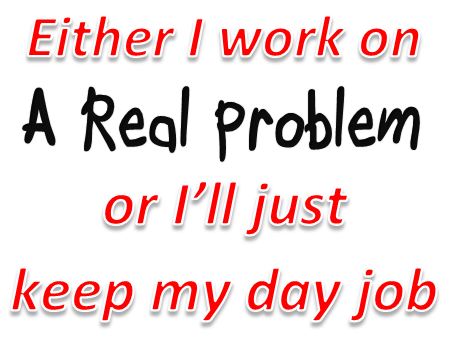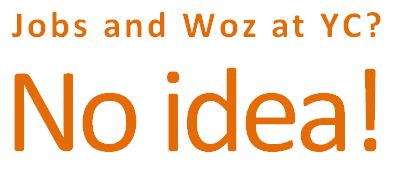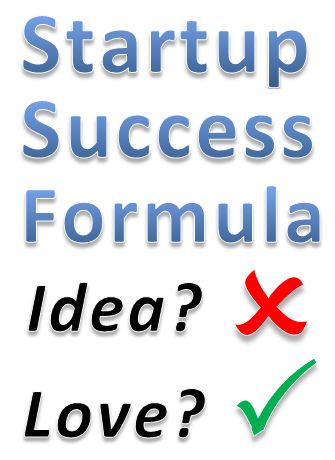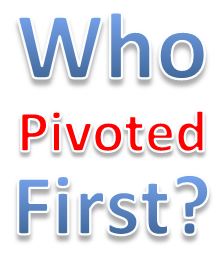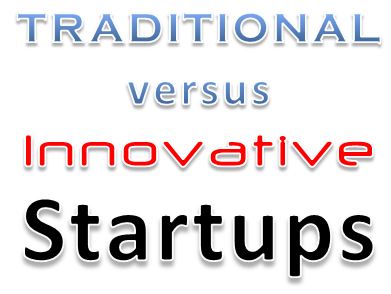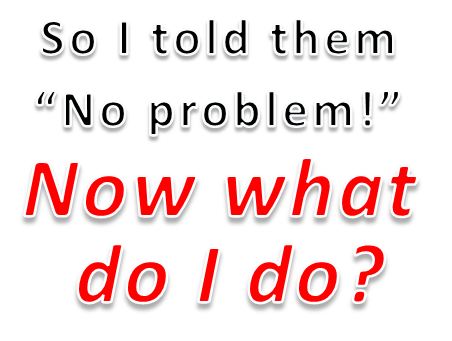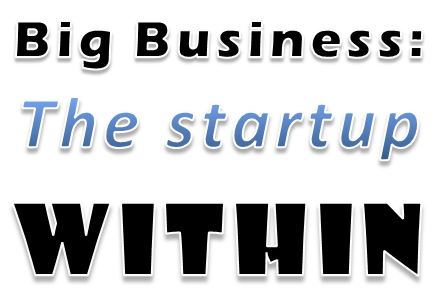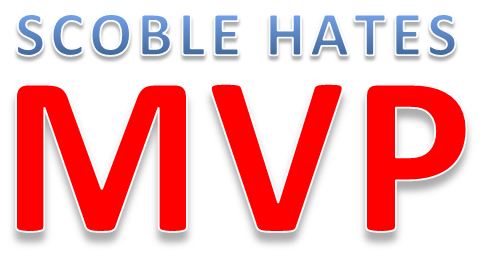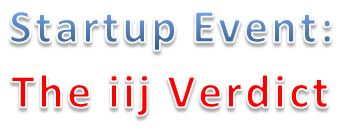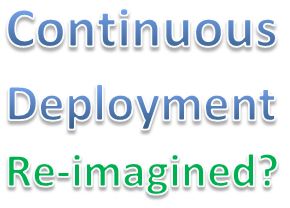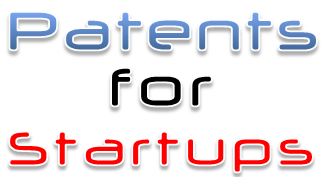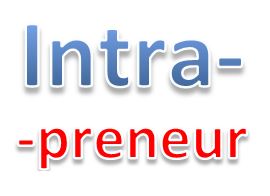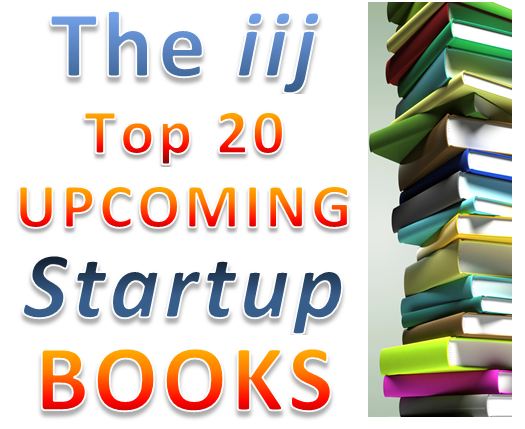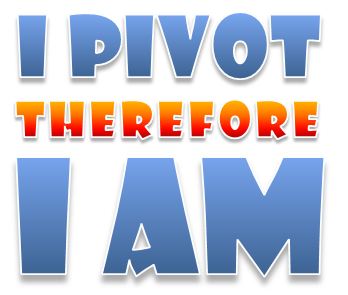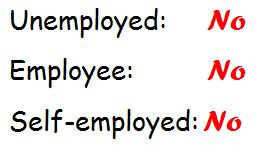Coping with startup founder setback blues
“Like being punched in the face repeatedly” is how Y Combinator’s Paul Graham characterises the devastating setbacks that founders have to be able to cope with. Here’s how you cope
Raise slightly less than you need?
Raising less probably gives you a shorter runway. Shortened runways test determination and the innovator’s ability to pivot. Taking too long to see whether the team can withstand serious setbacks can cost more than a restart.
The other six: VR hardware projects funded on KickStarter
Apart from the Oculus Rift, there are currently six other Virtual Reality hardware projects that have been successfully funded through KickStarter
Sam Altman, tomorrow’s Mark Zuckerberg?
Over $5 billion jump in valuation in one month, even though none of their highest valued investments has yet had an exit? At this rate, Sam’s startup club may start putting Facebook to shame
“There was no national infrastructure for this, so I’ve funded it”
An Intensive Care Unit where it’s needed. In every home. Millions already connected. He cashed out two startups, spent some exit money (he’s still got $7 billion left). The Steve Jobs of healthcare?
Your clients can innovate faster than you can, so why not pay them to do it?
What are the implications for those of us outside of the games business of Gabe Newell’s claim that his customers are better innovators than his best creatives
Stodgy, predictable, strategic research? It doesn’t need to be
‘Going against the grain’ is getting some surprising endorsement in the rarefied upper strata of professional industry analysts
Two ubiquitous technologies most techies know nothing about
Every major factory on earth depends upon a network technology you’ve never even heard of. Ok, maybe you don’t care about factories, so how about cars? Different network, built into every mass-produced car for decades, the same ignorance
Musicians: video editing is now officially part of your skillbase
Just ‘gigging, recording and getting discovered by a record company’ is yesterday’s intro to a musical career. Nowadays, you need to be able to build your own online TV channel that does justice to your best songwriting and performances.
Startup founders: allergic to experiences they should learn to love?
Do startups fail as a result of the founder’s attitude towards doing things they don’t think they need to do?
The switch from doing jobs to starting startups: will we even notice?
Could our increasingly online lifestyles morph smoothly into self-employment if today’s culture of ’employee-based careers for all’ gradually fades into oblivion?
Lean Startup Methodology, Critical Design Theory: Separated at birth?
Lean startups use wild speculations about imaginary products to start conversations with customers aimed at eliciting real requirements. Critical Design aims to make things which provoke enlightening responses. Snap?
The post-screencast era
Screencast videos are almost all painfully harder to watch than they need to be: here’s our top 5 suggestions for making screencasts infinitely more watchable, mostly just by adding a little bit of post-production.
Could Luton turn out to be the UK’s first Silicon Town?
Everyone’s looking for the UK’s next startup hotspot, but they might not be looking in the right place
Instead of just scalable startups, a scalable startup ecosystem
‘Adopt lean startup methodologies’ is seen by many as the best advice to give startups, but how do we know if this advice is making a substantial positive contribution to the wider economy?
New Bond Thriller, With Social Impact
Don’t let the impenetrable jargon put you off. Social Impact Bonds, which bring “only paying for success” to public funding for privately-run social projects, are genuinely innovative. But will they make a real difference?
Pivoteer skills
What makes people good at pivoting? 21 things which, if you can’t do them well, will probably keep your career in the world of innovative startups short and disappointing
Fixing the ‘unsolved problem shortage’ that holds back potential startup founders
Shortages of easily-tackled unsolved problems are a first world problem: elsewhere, countless established ‘solutions’ are just unaffordable, each one a gift to any problem-seeking would-be entrepreneur
What if a time-travelling, pre-Apple Jobs & Wozniak applied to Y Combinator without a startup idea?
What kind of problem would YC have suggested for these prospective startup founders to work on?
Love: the most important thing about startup founder matching
What will hold startup founders together through those ‘sense of impending doom’ moments? The fact that the business idea is great? Y Combinator’s Paul Graham thinks not: the relationship between founders has to be more important than the venture.
20 Percent Time 2.0
We pay your wages, but the IP rights for anything you create in your 20% time are 100% yours
Did Eric Schmidt really invent The Pivot before Eric Ries?
Google’s Schmidt talked about ‘morphing’ a project, but watching this Marissa Mayer video today, as she describes her boss’s suggestion three years before Ries’s, although the idea and the approach are different, the outcomes feel uncannily similar
Award for the most confusing little word in the startup vocabulary: Vest
A serious attempt to clarify some of the things which make vest and vesting a bit mind-bending for startups
Dragging small traditional businesses into the startup innovation ecosystem
Small traditional businesses? They’re already ‘inside’ the startup world, aren’t they? No. They typically know nothing about such things as Lean Startup, Startup Weekend or Y Combinator, and even when they do, they think it has nothing to do with them. Are they right?
iij top 20 upcoming innovation books for 2012
There’s a growing interest in introducing an entrepreneurial approach to innovation, whether its happening inside or outside the established organisation
Innovation fixation?
Are so-called ‘clone startups’ (those hoping to be acquired by the mothership after creating a successful, ‘local language lookalike’) too easily dismissed as ‘non-innovators’?
Need to recover from ‘startup overreach’?
Ty Danco’s ludicrously improbable but riveting tale definitely belongs in the history books, alongside AirBnB’s legendary ‘survive by literally eating your own marketing material’ yarn
Can entrepreneurialism be automated?
If Artificial Intelligence is going to automate the world’s entire workforce, we’re all going to need to give up any hope of employment and become startup entrepreneurs and innovation investors instead. They couldn’t possibly automate those, could they?
Post-exit startups: the friendly ghost in the job-creation machine
A new report by the US Bureau of Labor Statistics is being mistakenly interpreted as showing that startups are creating fewer jobs. This view somehow manages to completely ignore those odd things investors call ‘exits’.
Accelerators vs. incubators: an alumni panel debate video
Startups from Y Combinator, TechStars, Dave McClure’s 500 Startups and Idealab tell us what life feels like, including being rejected by Y Combinator and successfully reapplying!
Has Scoble suddenly turned anti-Lean Startup?
He just said: ‘I hate the term “minimal viable product.” That’s like telling me “we’re shipping without any features because, well, our investors and advisors told us to ship and fix the product later.”
What do we really know about startup acceleration mentoring?
Investors treat ‘startup founders entrepreneurial inexperience’ as an occupational hazard. Accelerators ‘parachute-in’ entrepreneurial experience in the form of ‘startup acceleration mentors’. Isn’t it time to ask some big questions about this?
iij Post-conference report on PitchLive London 2011
Overall verdict: a bit of a ‘best kept secret’, offering more than enough insight into less-widely covered sectors of the startup investment scene to justify watching out for next year’s event
Innovation competitions: why we need more of them
We’d all be forgiven for imagining that TechCrunch Disrupt and the DEMO Conference were the only regularly held innovation competition events worth talking about, as far as the tech media were concerned. So imagine my surprise…
Lean Startup, but without Eric Ries?
“There are venture firms here in The Valley that won’t even fund a company unless they employ lean startup methodologies”
The new iij top 20 upcoming lean books
At least five of these forthcoming titles major on a healthcare or safety aspect, illustrating just how far this particular management approach has come from its original niche
Calacanis: I’ve never filed any patents
Jason ‘Mr. Startups’ Calacanis may not do patents, but he has just done an episode of his weekly TV show where he brought in a seasoned patent attorney and a prolific inventor to take us through the latest developments on the US patent scene
What’s it like when outside the box is inside the box?
Intrapreneurship is not for the fainthearted. Inside established organisations, officially-sanctioned bastions of executive dragon slaying can sometimes be found, filled with fearless risk-takers discretely licensed to systematically shred the company rulebook in their tireless search for innovation
The iij Top 20 upcoming startup books, fall 2011
The range of startup titles has expanded dramatically this year, and whatever economic surprises may be in store for us in 2012, this particular sector is looking unstoppable.
Student loans: why only for colleges and not for startup accelerators?
Startup mentoring is education. Why can’t existing government-backed student loan schemes be extended to include startup founders attending accredited startup accelerator programmes?
What if startup ideas didn’t matter to investors?
Would you invest in founders pitching a project that you didn’t really believe in, for reasons you didn’t tell them about?
Exchanges for startups: no longer just pre-IPO, maybe ‘post IPO era’
The investors need to be wealthy ($1m+) and few (maximum 500) and the business too small to IPO. Facebook tore that last rule apart. What if the other rules are also eventually relaxed?
Startup acceleration: what on earth does that really mean?
Is it just about speeding up the rate at which startups emerge, or making them grow faster, or just unintentionally hurrying them on to an earlier demise?
Nontrepreneurialism: you want to work, but neither as an employee, nor as your own boss
The Economist calls you a post-materialist: you don’t feel driven by materialist ambitions. You just need enough to maintain your existing lifestyle, rather than improve it. But what does ‘not being your own boss’ mean in this context?
The antidote to socially-mediated dislocation: the infinite neighbourhood
Somehow, something as seemingly mundane as an ‘online errand service’ is helping us discover surprising new ways to support each other
Startup Accelerator Nation
Ten ideas for weaving the lean, low-investment, iterative, failure-tolerant, build-measure-learn attitude toward giving people constructive ways to spend their time into the fabric of every culture
Exit strategy more important for startups than a business plan?
For a first-time startup, when the real excitement of early innovation is happening, the daunting business of M&A is usually the last thing on anyone’s mind. But research is showing that the later it starts, the higher the risk
The iij Upcoming Top Ten Organisational Innovation Books
One theme that appears often in many of these volumes? Discovery processes. If the word ‘innovation’ appears anywhere in your job description, you already know that discovering new discovery processes is a double-edged sword
What’s different for VCs in the era of the lean startup?
New ‘iterative’ startup methodologies, such as Eric Ries’s Lean Startup and Steve Blank’s Customer Development, raise just as many important new questions about investors as they do about startups










